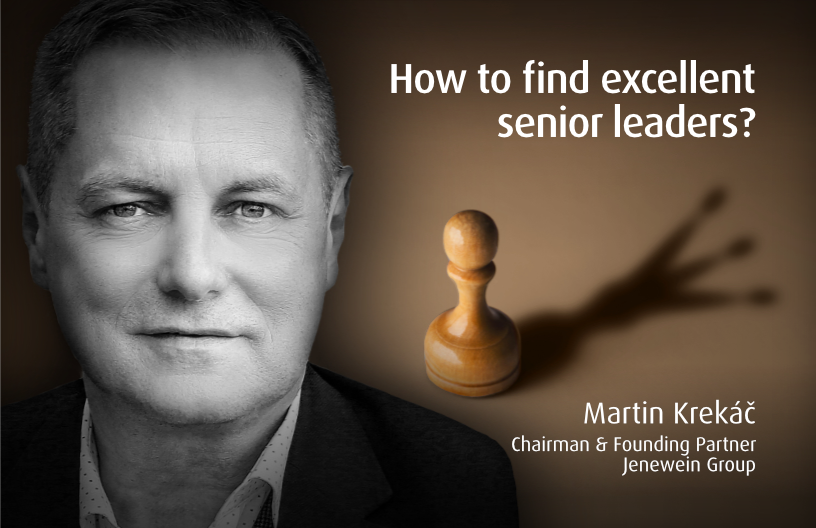Through our consulting teams active within global partnerships and networks we manage to keep a finger on the pulse of latest developments and thus offer proven experience combined with innovative expertise in and beyond the central European region.
We have many clients including international companies, Czech and Slovak companies, investors, private holdings, family businesses, as well as the public and non-profit sector. Our consulting teams are committed to creating mutually beneficial partnerships and building long-term relationships.
Read more >>
Articles and Studies
The Czech Republic and Slovakia - Gross misdemeanours
The Czech Republic and Slovakia
A tale of two countries, one doing badly, the other well
When Czechoslovakia broke up in 1993, the fate of its successor states seemed obvious. Slovakia would drift deeper into authoritarianism under its ham-fisted leader, Vladimir Meciar. The Czech Republic would be a model of prudence. For the next few years that was just what happened. But in the late 1990s the Czechs lost the secret of good government—and the Slovaks found it.
A fragile coalition ousted Mr Meciar in 1998, promising to get Slovakia into the European Union and NATO. It duly joined both last year. Its flat-tax reform has brought investors flocking in (see article). Voters re-elected the coalition in 2002 and may give it a third term next year, making Mikulas Dzurinda central Europe's longest-serving prime minister. Last week he proudly hosted the Bush-Putin summit in Bratislava.In the Czech Republic, the idealism of the early 1990s has collapsed into cronyism and cynicism, thanks to selfish politicians and a complacent public. These days the government scarcely functions. A weak coalition, the second in this parliamentary term, was again on the verge of collapse this week. It is not serious politics that has provoked the crisis, but a scandal of almost incomprehensible silliness involving wives, uncles, trivial sums of money and burnt IOUs. An optimist might say that things can only get better. But with an unreconstructed Communist party getting stronger, things might yet get worse.
The trouble began when a Czech newspaper found in January that the prime minister, Stanislav Gross, a Social Democrat, had bought a flat in 1999 costing more than he could afford from his parliamentary salary. Mr Gross retorted that he had borrowed money from an uncle, who claimed to have borrowed it from relatives abroad but apparently got it from a Czech journalist, who took an IOU that he gave to a fringe politician, who burnt it—or so the parties claim. Later, a company belonging to Mr Gross's wife was reported to have bought a house with help from a woman later charged with fraud.
This week Mr Gross was arguing with one coalition partner, the Christian Democrats, which wants him to go, as do most voters. The Czech constitution makes snap elections hard, so the outcome could be yet another coalition, of Social Democrats, Christian Democrats and the Freedom Union—enough for a one-seat majority in the 200-seat parliament. Mr Gross's predecessor, Vladimir Spidla, struggled with a similar coalition last year, before becoming a European commissioner.
Mr Gross has no obvious successor in his party, so he could ride out the crisis. But that may mean looking for support from the Communists, who have 41 seats. Open co-operation would be a big step. All parties have shunned the Communists since the velvet revolution of 1989. If Mr Gross handled the adventure brilliantly, emasculating the Communists, the country might thank him. But he is in a position of weakness, and might thus have to do much of the compromising. Many voters might then abandon his party in disgust.
Nothing in politics is immutable. If the weakness of the Social Democrats drives more Czechs to the right, that would raise the chances of a stronger government, led by the opposition Civic Democrats, at the next election. As for Slovakia, the most popular party in the country is the left-wing Smer (Direction), which wants to reverse Mr Dzurinda's reforms. Smer's leader, Robert Fico, who recently turned 40, can afford to wait: one day Mr Dzurinda will go. Perhaps the Czechs should bid for him.






















